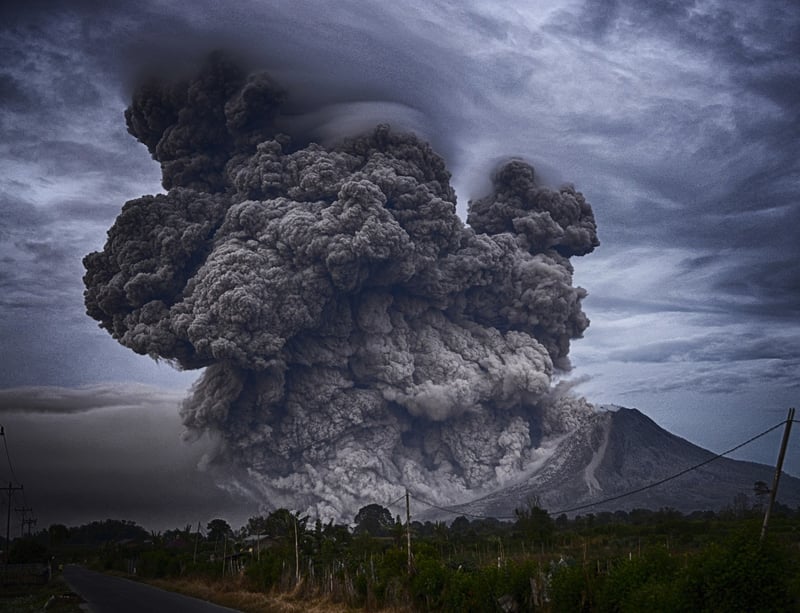Preventing Disasters
Addressing Time Paradoxes and Preventing Disasters
Understanding Time Paradoxes
Time paradoxes, also known as temporal paradoxes, are situations in which an event or action in the past influences the future in a way that is not logically consistent. This concept often arises in discussions about time travel and can lead to various logical contradictions.
Types of Time Paradoxes:
- Grandfather Paradox: If a time traveler were to go back in time and prevent their grandfather from meeting their grandmother, thus preventing their own birth, how could they exist to travel back in time in the first place?
- Bootstrap Paradox: In this scenario, an object or information is sent back in time and becomes trapped in an infinite cause-effect loop with no origin.
Preventing Disasters Caused by Time Paradoxes
While time paradoxes exist in the realm of theoretical physics and science fiction, they raise interesting questions about causality and the nature of time. To prevent disasters resulting from time paradoxes, it's essential to approach time travel with caution and consideration.
Key Strategies:
- Establish Clear Rules: When creating a fictional universe with time travel, define clear rules to govern how time travel works and what consequences it may have.
- Avoid Causal Loops: Be mindful of creating paradoxes that result in infinite loops of cause and effect, which can destabilize the narrative.
- Explore Multiverse Theory: Consider incorporating the concept of parallel universes to explain divergent timelines and mitigate paradoxes.
Conclusion
Time paradoxes add a fascinating layer of complexity to the concept of time travel and storytelling. By understanding the types of paradoxes that can arise and implementing strategies to address them, creators can navigate these temporal conundrums effectively and craft compelling narratives.

For more information on time paradoxes and time travel, you can explore further resources here.
